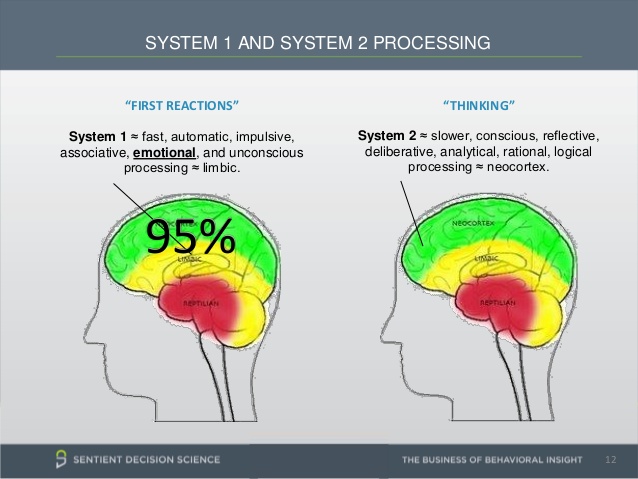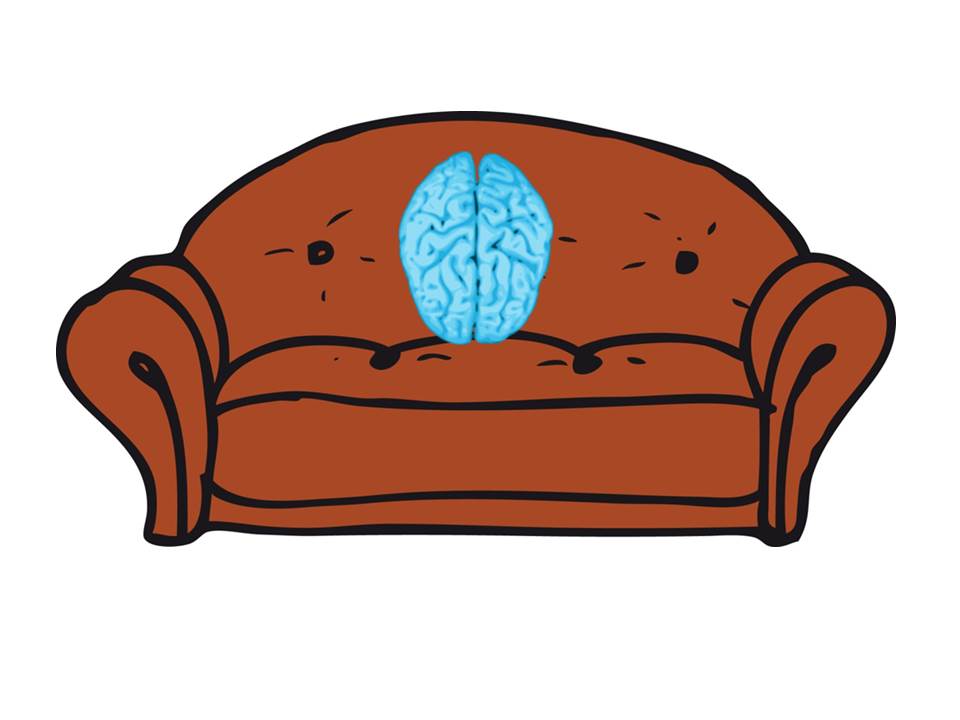5 alarming signs you have become too dependent on ChatGPT
ChatGPT is an amazing tool that can make our lives easier in many ways. However, there are times when we can become too dependent on it, which can have negative consequences. Here are 5 signs that you may be relying on ChatGPT a little too much:
1. Decreased Problem-Solving Skills
One of the first signs that you are becoming too dependent on ChatGPT is a decrease in your problem-solving skills. Relying on the tool for every little issue can cause your brain to become lazy and can hinder your ability to think critically.

2. Constant Need for Validation
If you find yourself constantly seeking validation from ChatGPT for your ideas or decisions, it may be a sign that you are relying on it too much. It's important to trust your own instincts and not always depend on external sources for approval.
3. Difficulty Making Decisions
Another sign of over-reliance on ChatGPT is having difficulty making decisions without its input. While ChatGPT can provide valuable insights, it's important to be able to make choices on your own without always needing external guidance.
4. Increased Anxiety When ChatGPT is Unavailable
If you feel anxious or stressed when you don't have access to ChatGPT, it may be a sign that you have become too dependent on the tool. It's important to remember that ChatGPT is a tool and not a replacement for your own capabilities.

5. Lack of Creativity
Lastly, if you notice a decrease in your creativity or originality because you are constantly relying on ChatGPT for ideas, it's time to take a step back. Creativity is a skill that needs to be nurtured and practiced, so don't let ChatGPT stifle your own innovative thinking.
Remember, while ChatGPT can be a valuable tool, it's essential to maintain a healthy balance and not let it take over your own cognitive abilities.




















